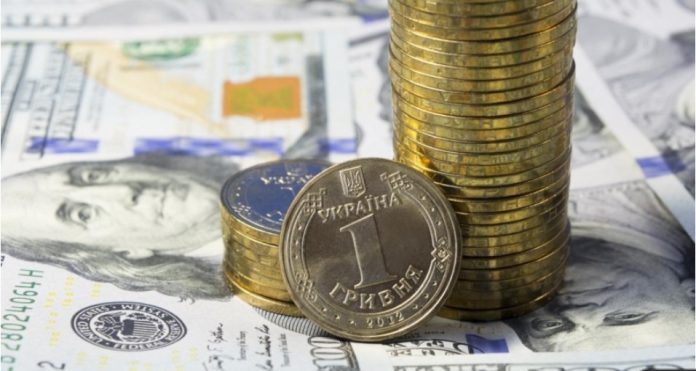The war deeply impressed the economy of Ukraine. According to The Economist, the country's GDP decreased by a quarter compared to the previous period before Vladimir Putin's invasion. The National Bank of Ukraine spends gold and foreign exchange reserves, and Russia's attacks on infrastructure have worsened economic growth forecasts.
After a two -year moratorium on payment of debt concluded with the creditors of the country, Ukraine faces the threat of a financial crisis. The deferral agreement is 15% of GDP annually, which is the second in defensive costs. The moratorium ends on August 1, and the National Bank of Ukraine remains less than a month to avoid default.
The IMF is trying to negotiate debt for Ukraine, but reaching the agreement remains unlikely in the short term. In the case of a default of Ukraine, this may affect the likelihood of its obligations to private investors, which potentially threaten further funding from the West and other countries.
Currently, the country is actively looking for fiscal space. During the year of debt, GDP can be closer to 94%, which is a high indicator for economics with complex financial history. Despite assistance in the form of weapons and targeted funds from the Allies, financial support has limits and should be seen in the context of loans, not indefinite assistance.
Restructuring of the Ukrainian economy debt during the war is a difficult task because the country has no access to financial markets. Despite the attempts by the IMF and allies to support, bond owners remain doubtful about Ukraine's ability to restore their financial stability in the future.
Ukraine is desperately looking for ways to withdraw from financial pressure, but the prospects for restoration of the economy depend on the further actions of foreign creditors and the readiness of the international community to support.


